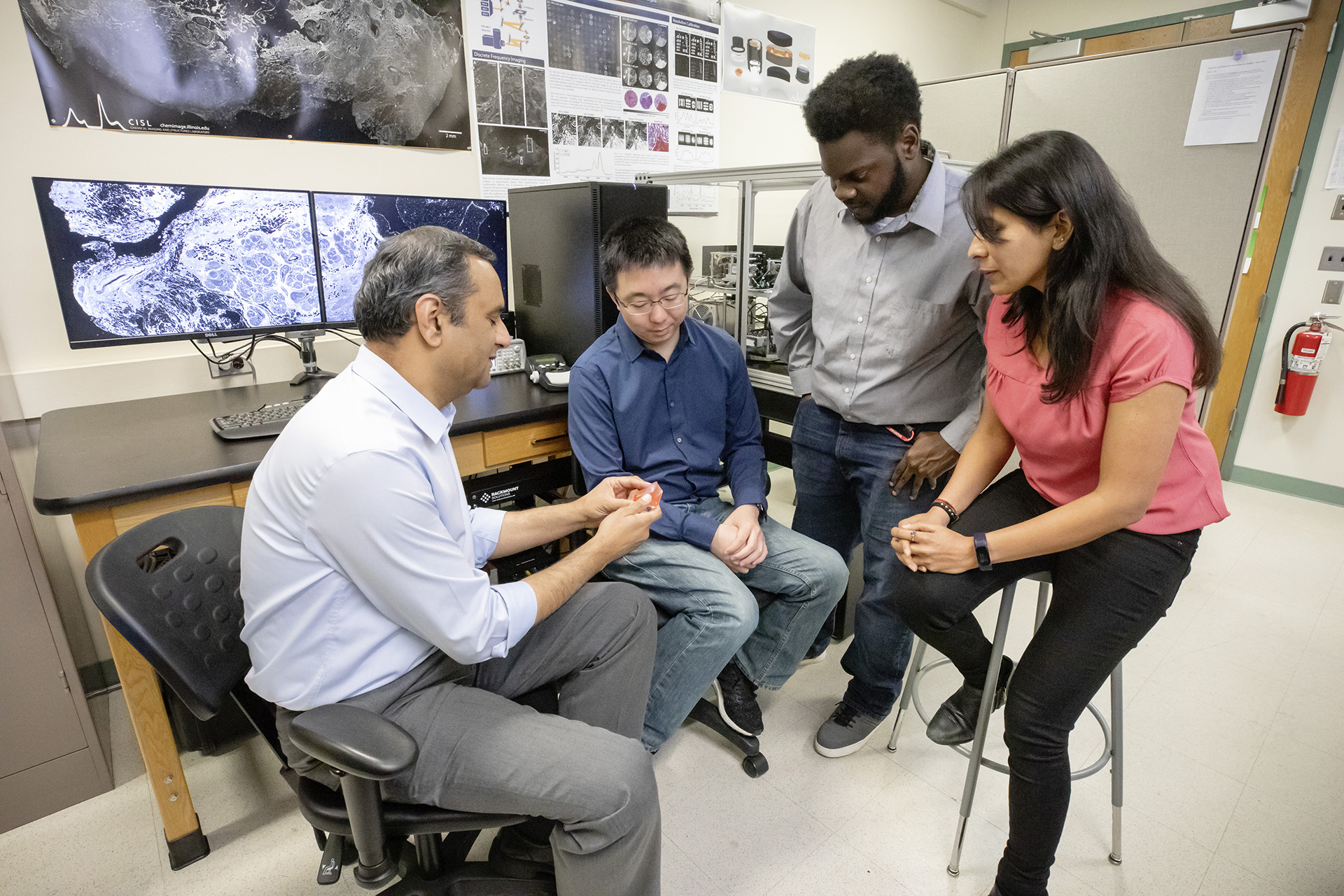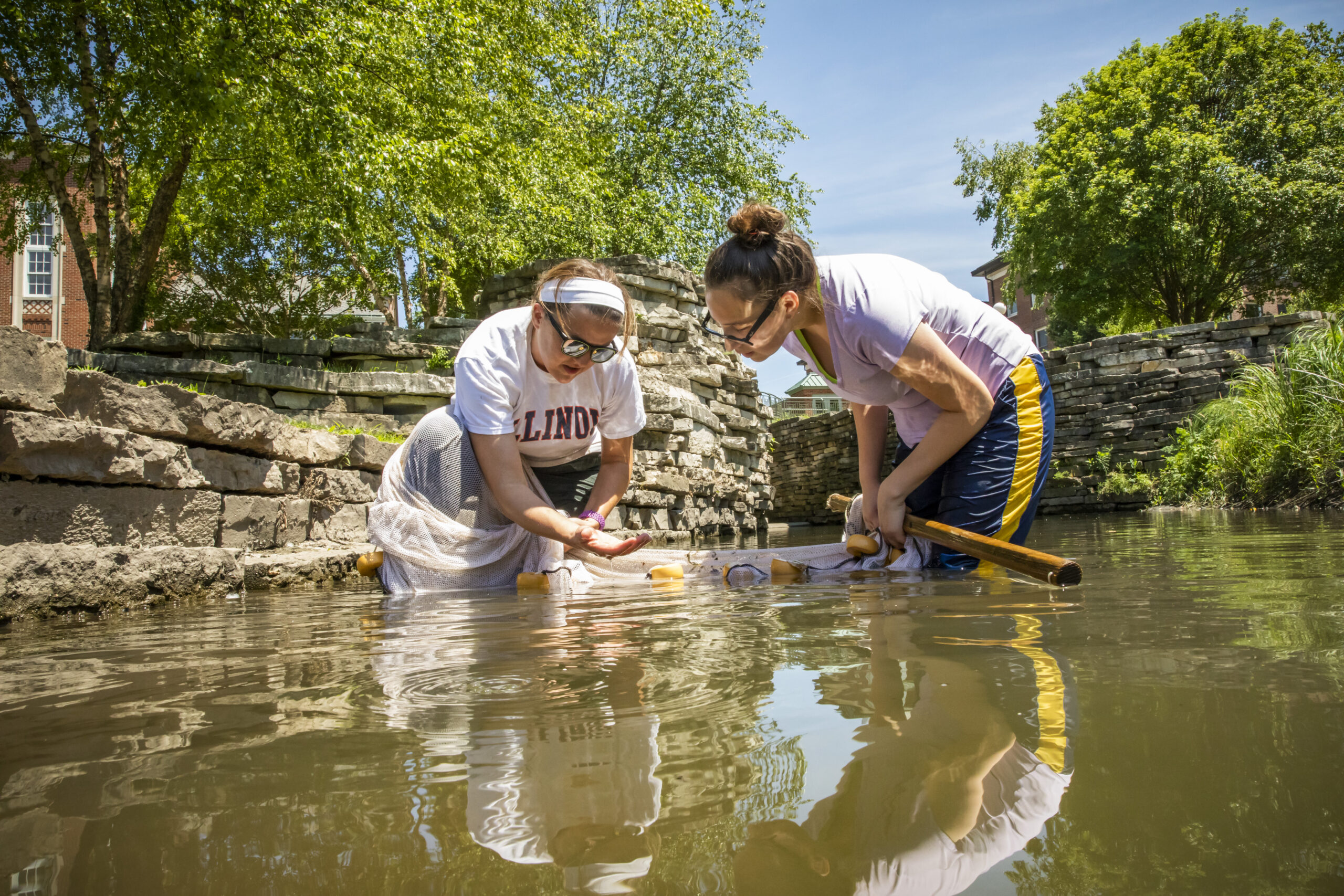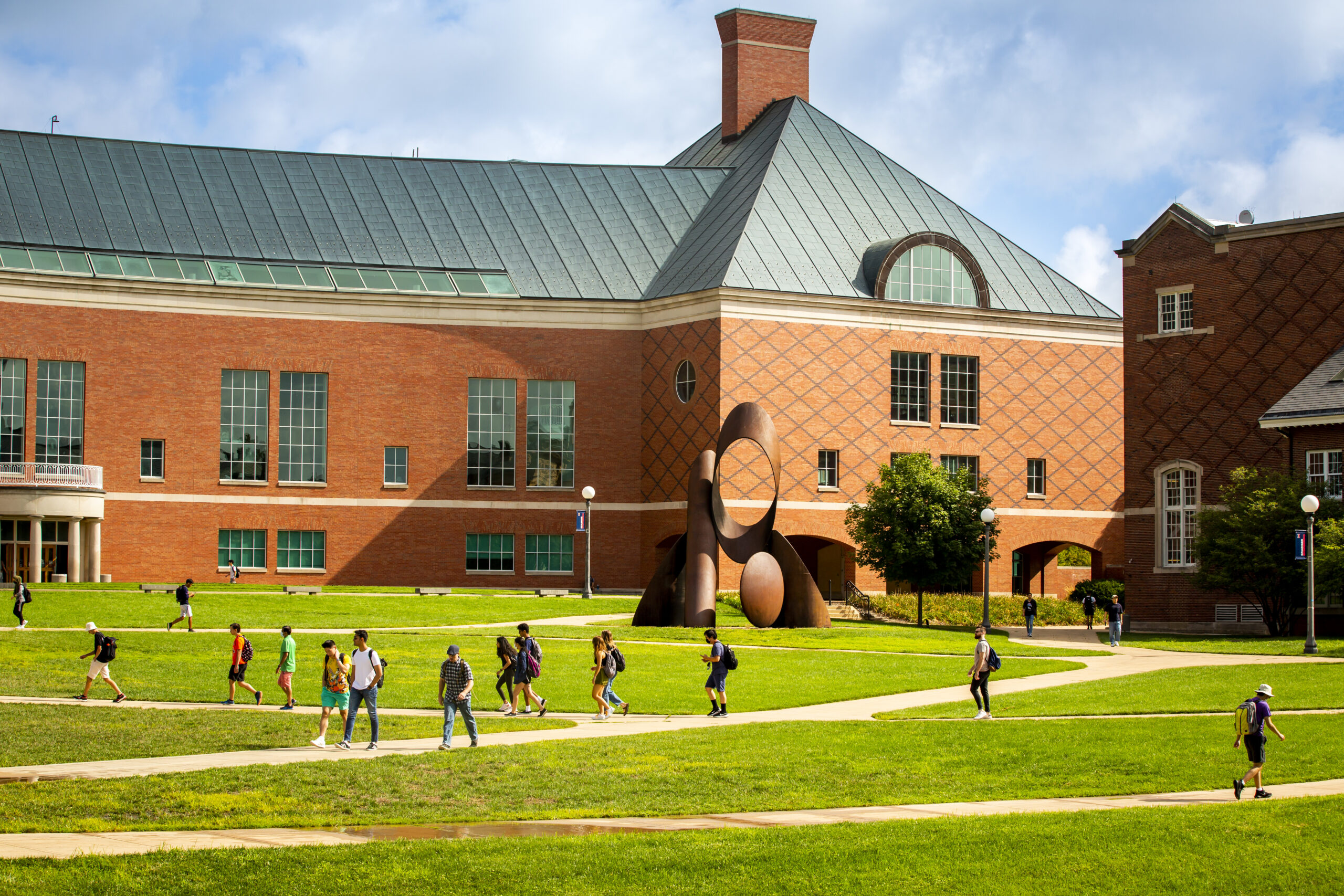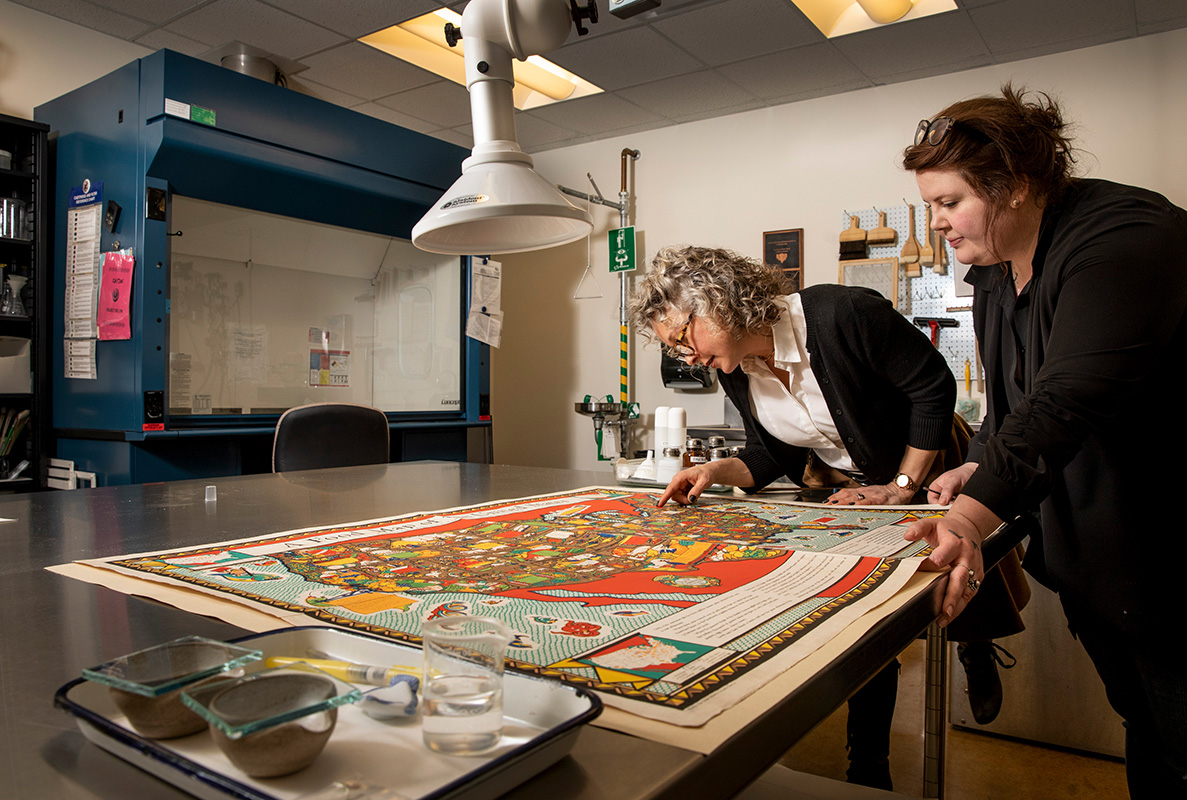Strategic hiring drives excellence in teaching, innovation and discovery

The Next 150 Strategic Plan identified growing the number of excellent faculty on our campus as a top priority and set aside significant resources to help address that objective. Faculty members represent some of the most important assets of a university. Affirming our commitment to increase the number of tenure-stream faculty on our campus, Chancellor… Continue Reading








